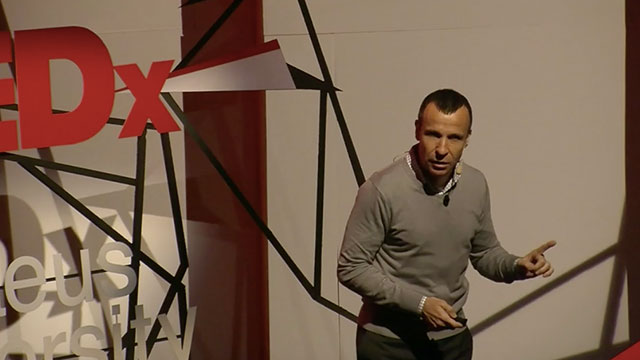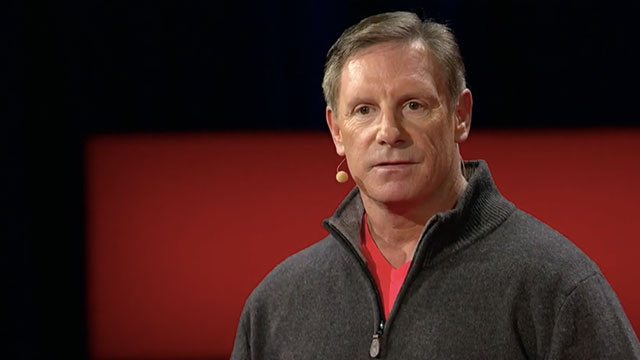Resources
Here are some effective resources and important information about depression and suicide that I’ve found to be very helpful.
 Guy Winch explains that we go to the doctor when we’re in pain or feel sick. Shouldn’t we see a health care professional when we feel emotional pain like guilt, loss, loneliness? Practicing emotional hygiene—taking care of our emotions, our minds, with the same diligence we take care of our bodies—is important. Here’s why.
Guy Winch explains that we go to the doctor when we’re in pain or feel sick. Shouldn’t we see a health care professional when we feel emotional pain like guilt, loss, loneliness? Practicing emotional hygiene—taking care of our emotions, our minds, with the same diligence we take care of our bodies—is important. Here’s why.
 Sergeant Kevin Briggs used to patrol San Francisco’s Golden Gate Bridge—a common site for suicide attempts. In this deeply personal talk, he shares stories from those he’s spoken to and listened to while standing on the edge of life, and gives a powerful piece of advice to those with loved ones who may be contemplating suicide.
Sergeant Kevin Briggs used to patrol San Francisco’s Golden Gate Bridge—a common site for suicide attempts. In this deeply personal talk, he shares stories from those he’s spoken to and listened to while standing on the edge of life, and gives a powerful piece of advice to those with loved ones who may be contemplating suicide.